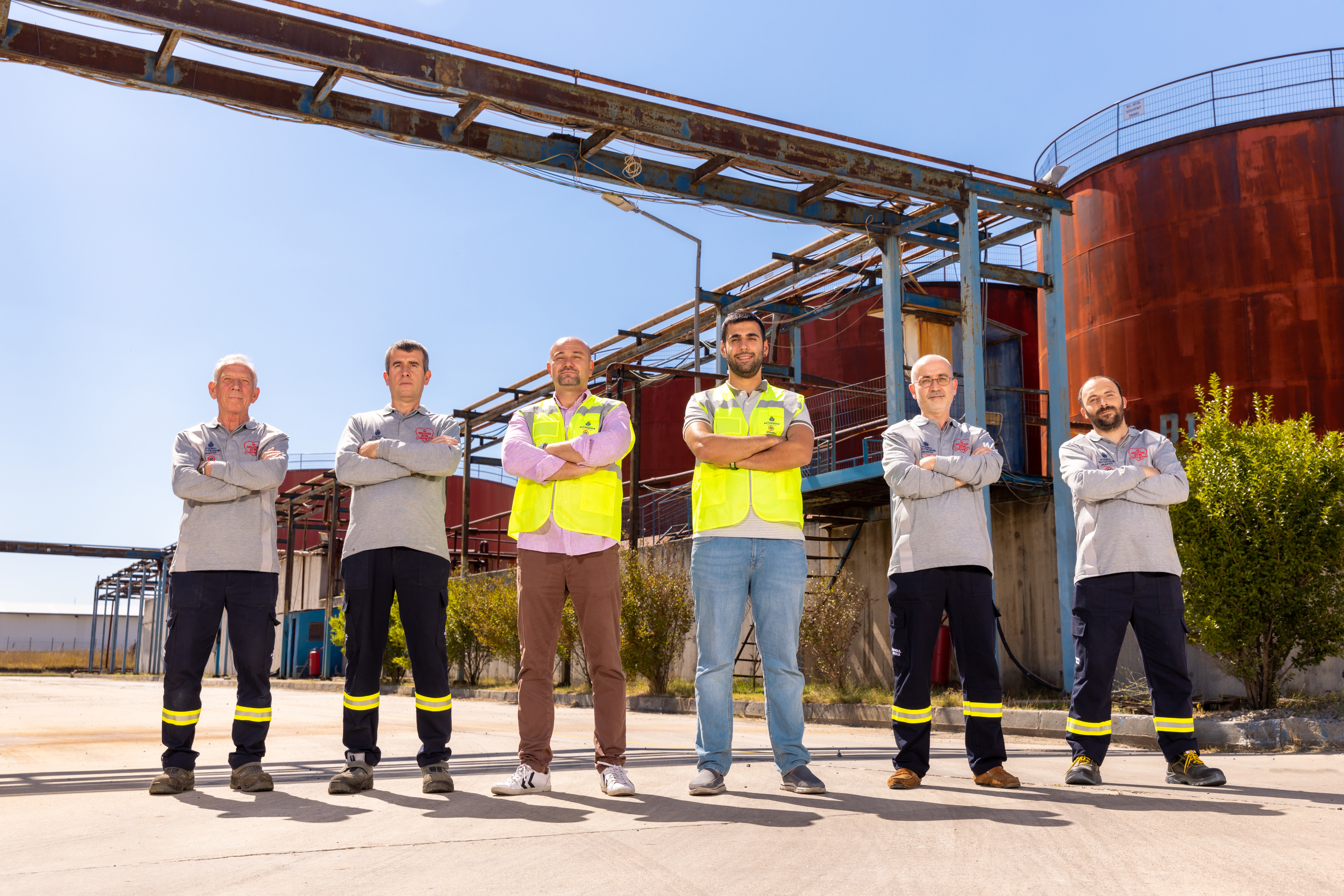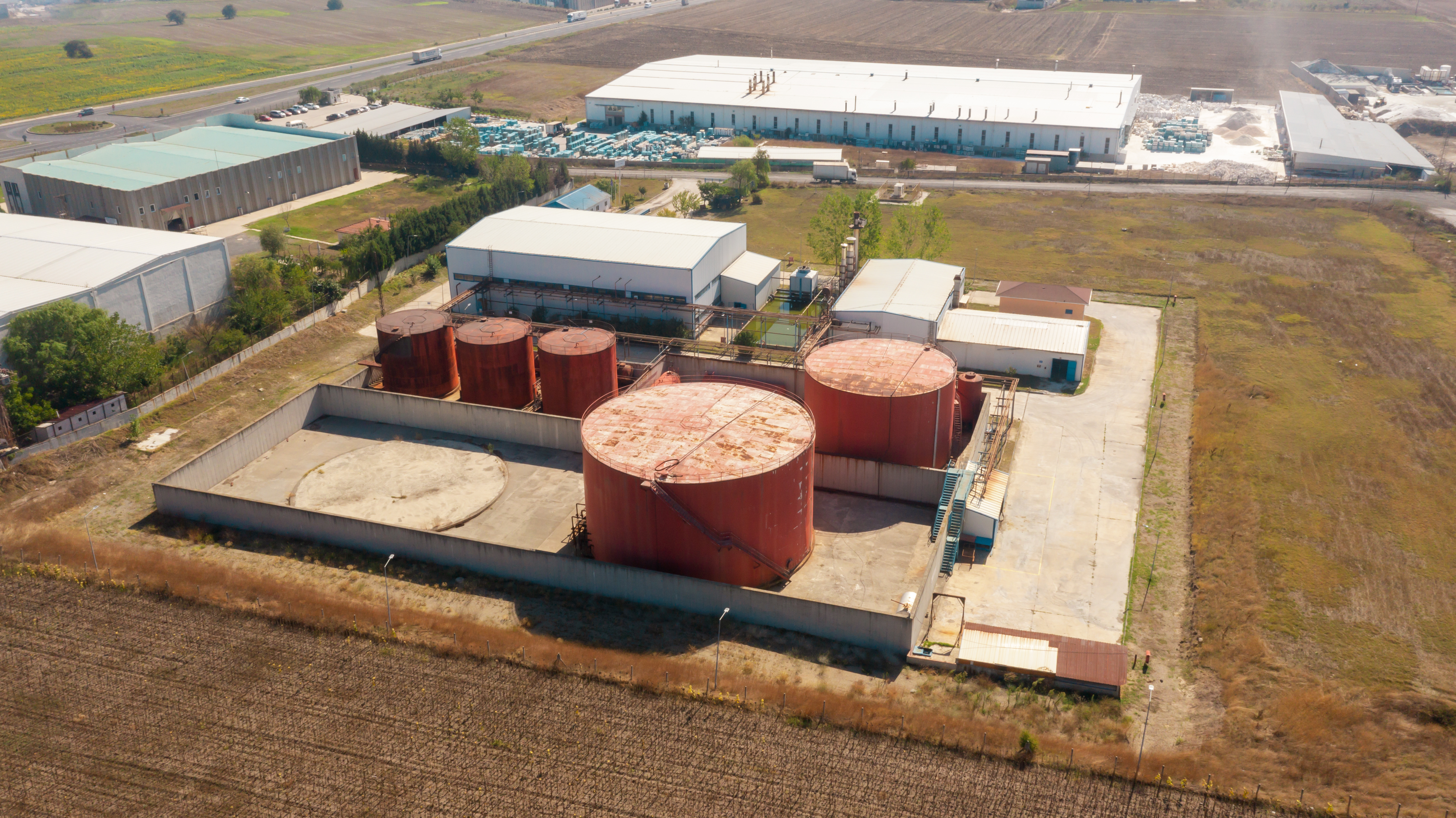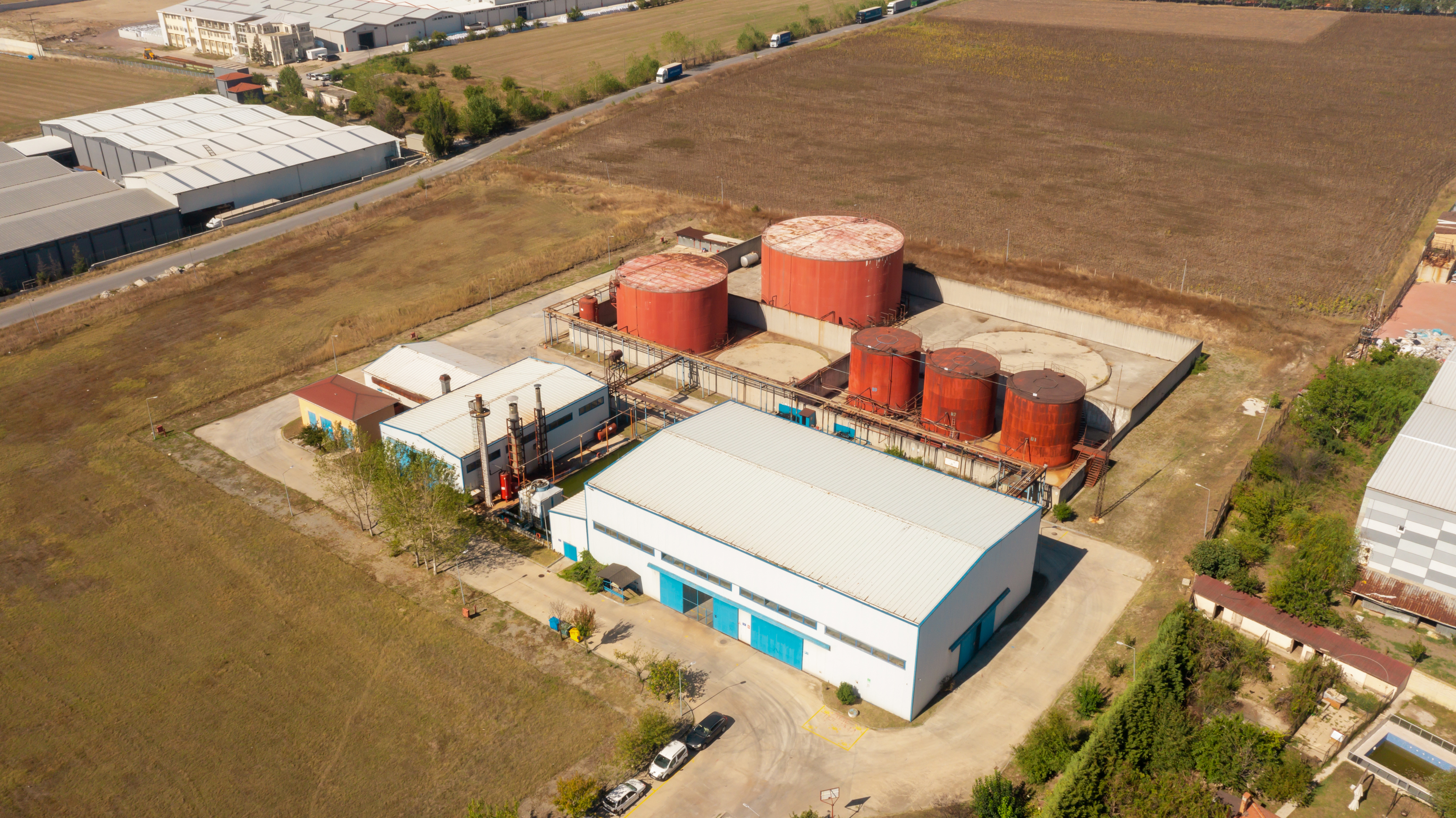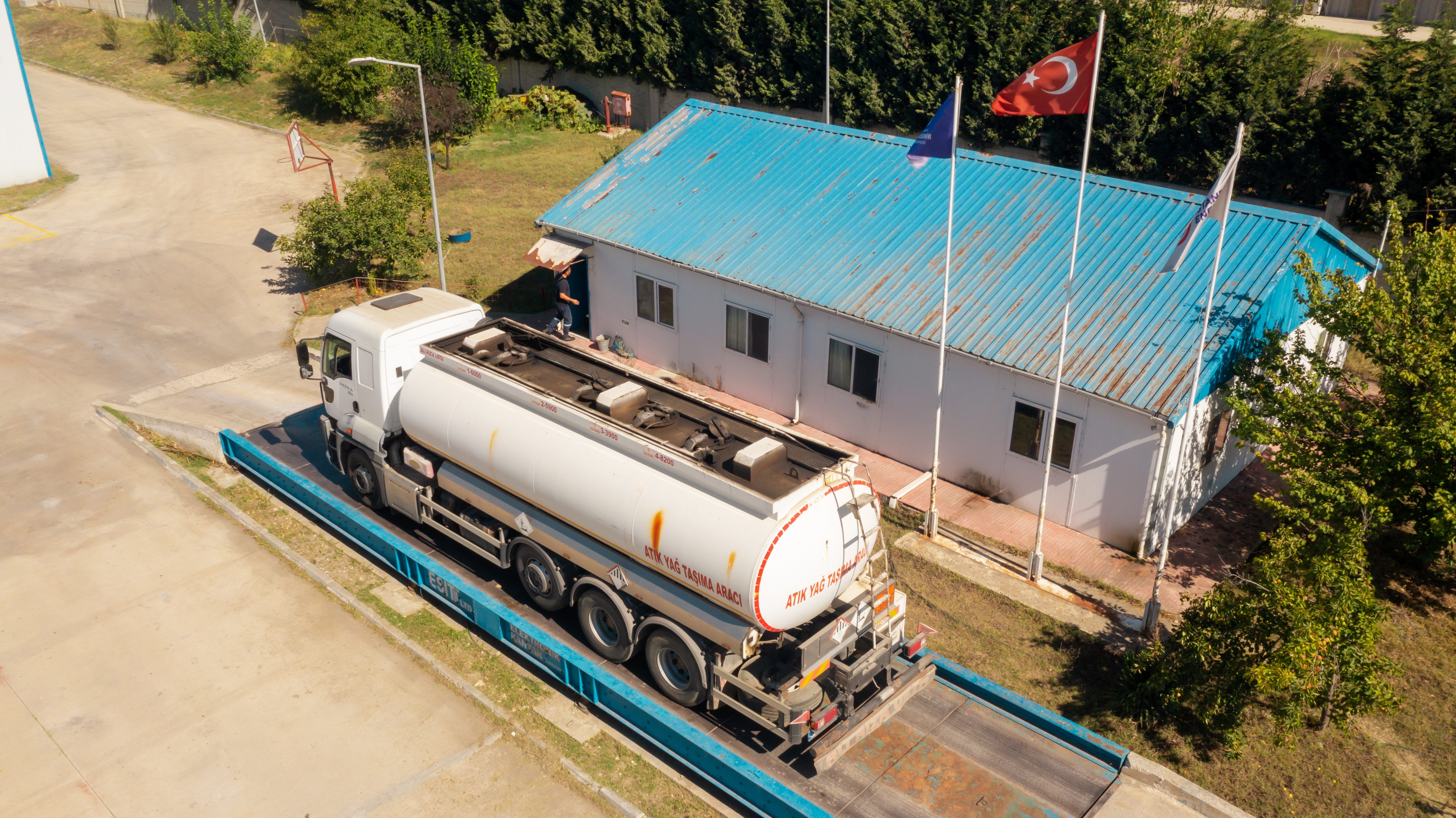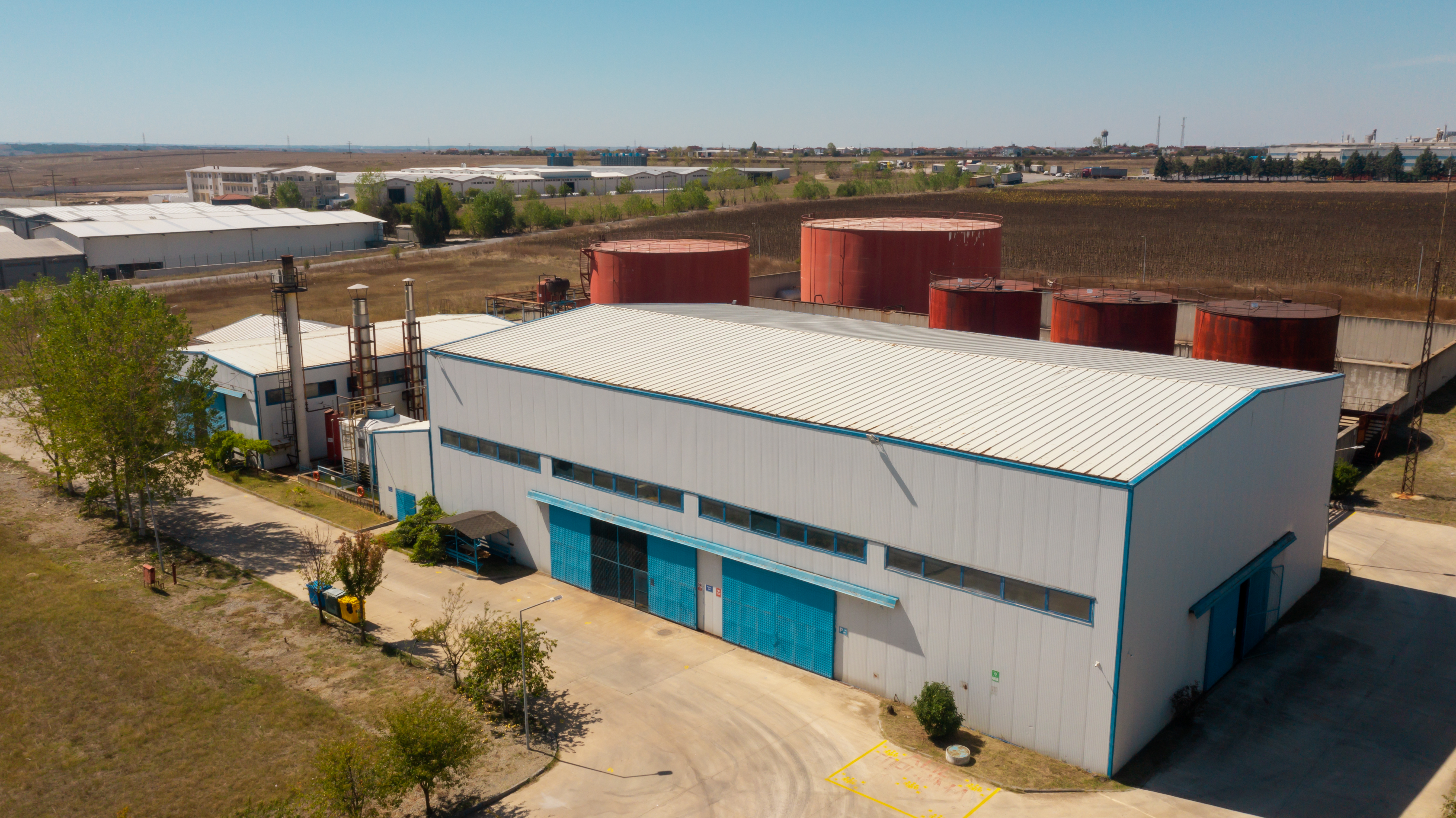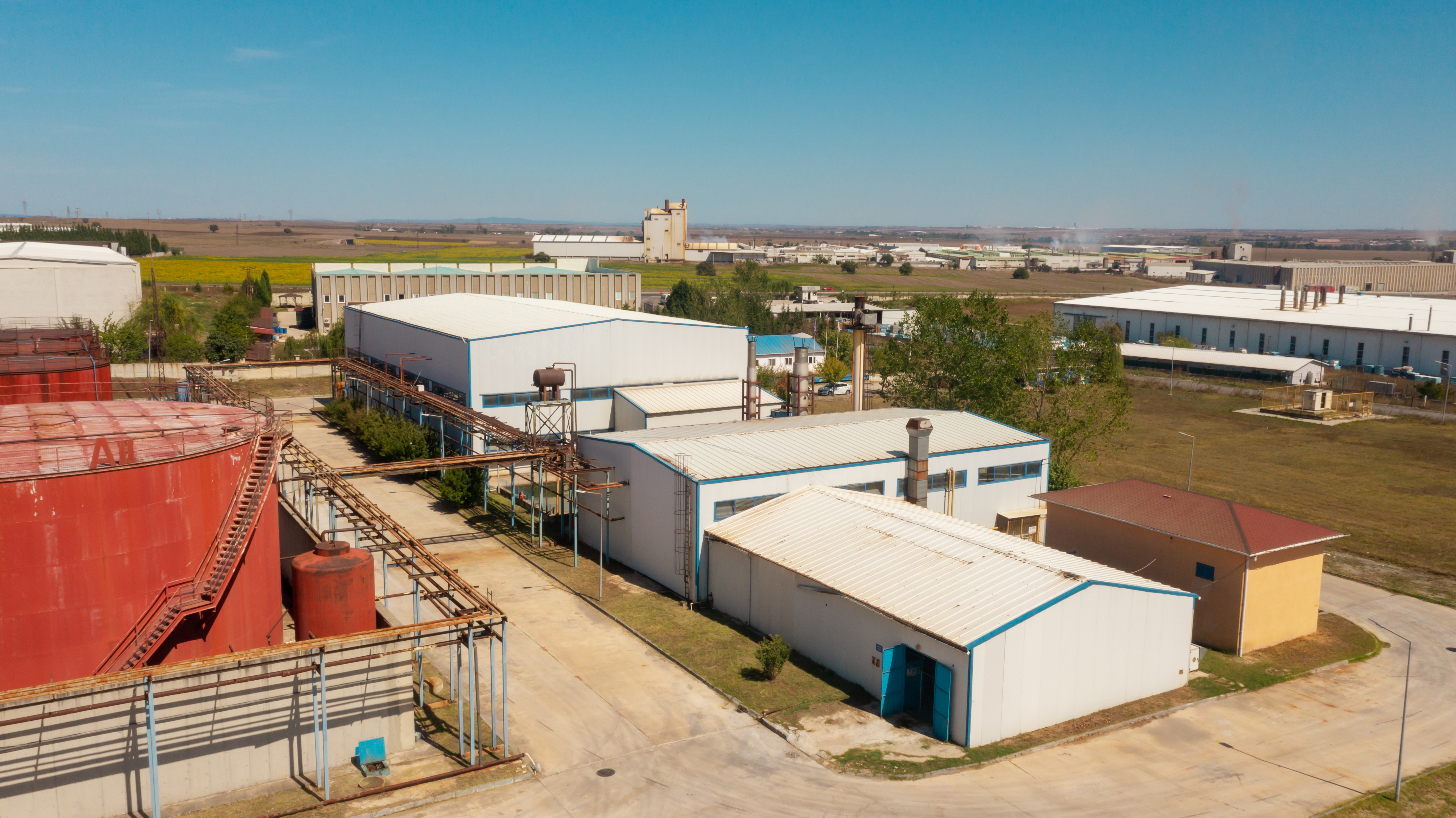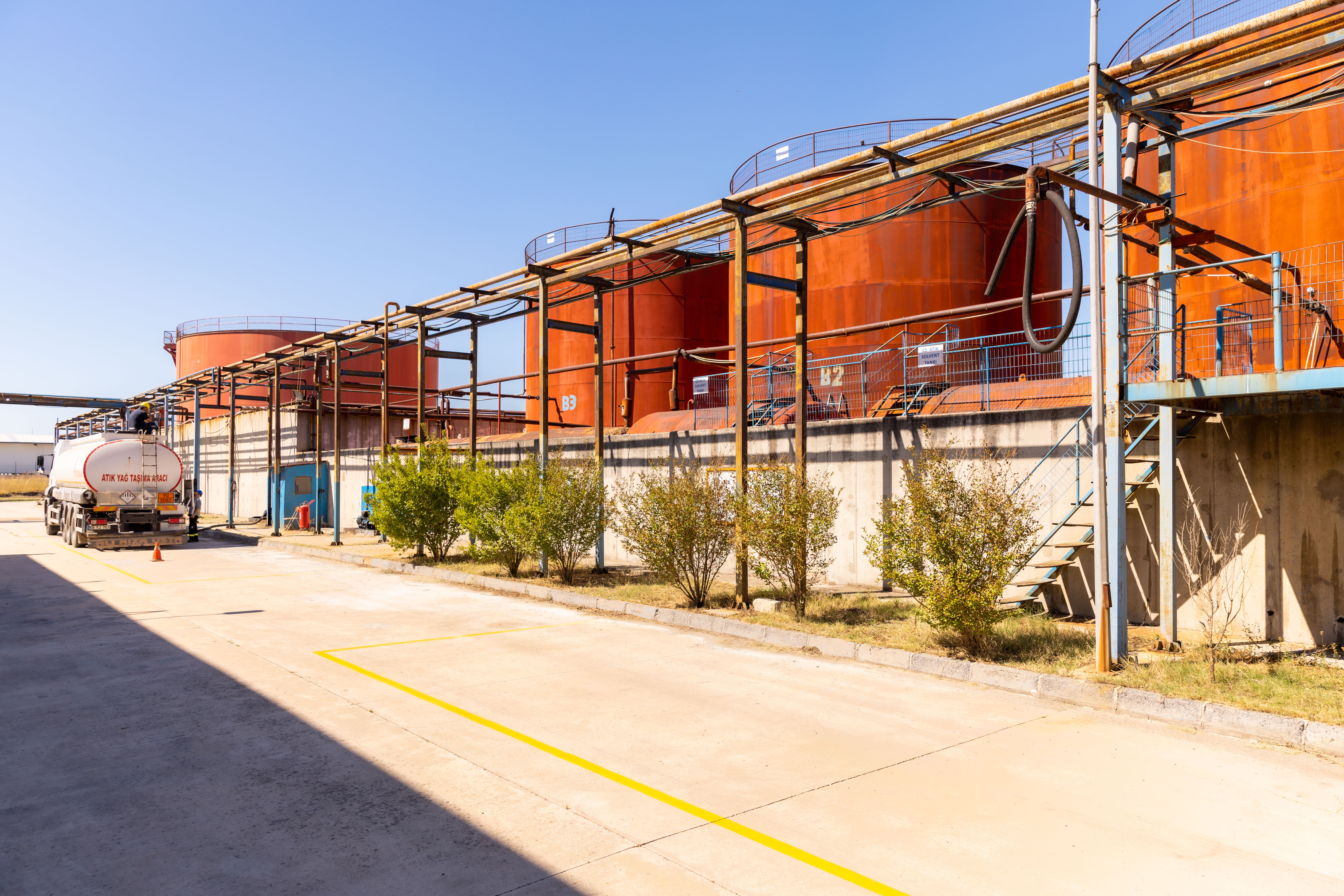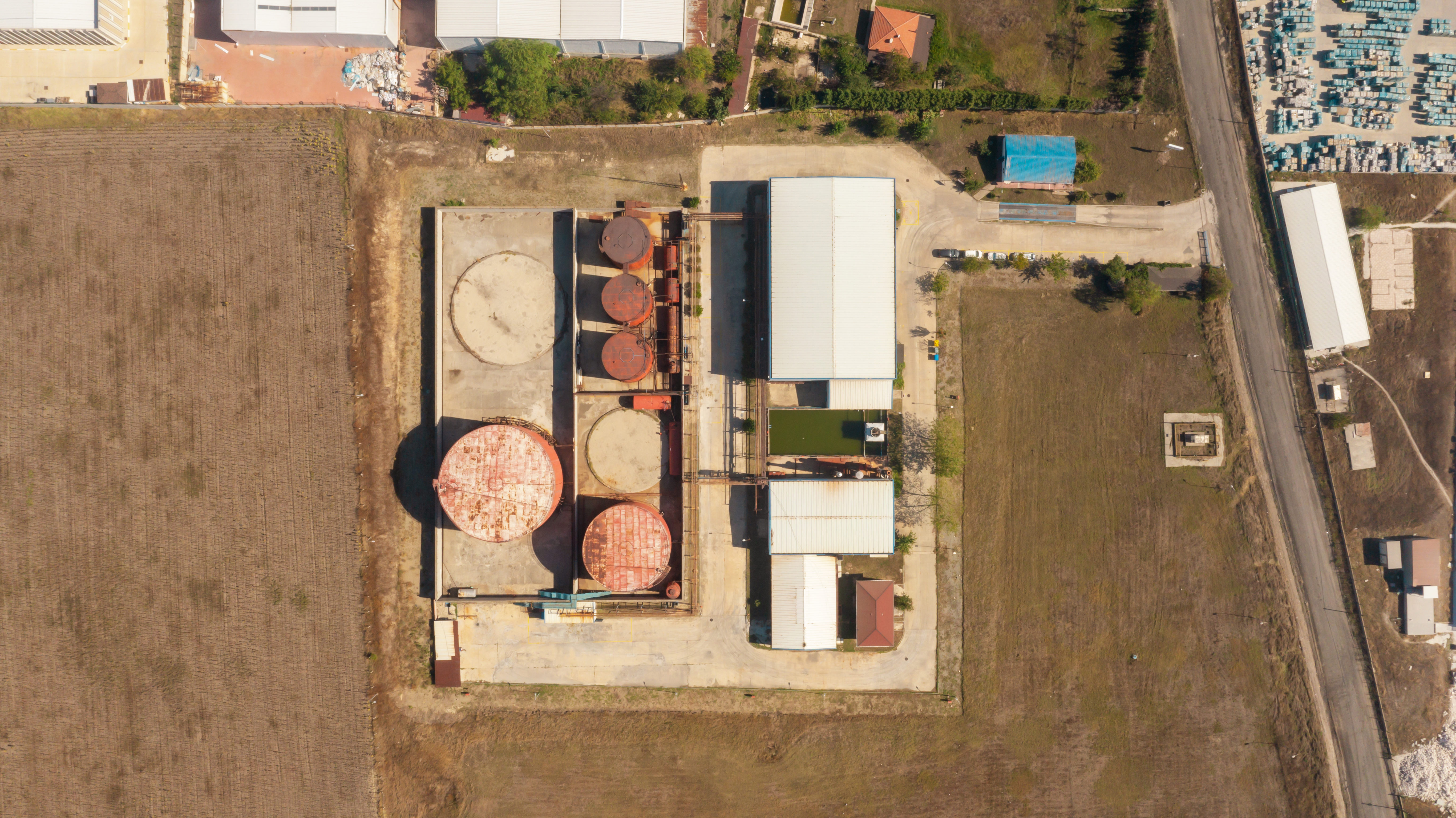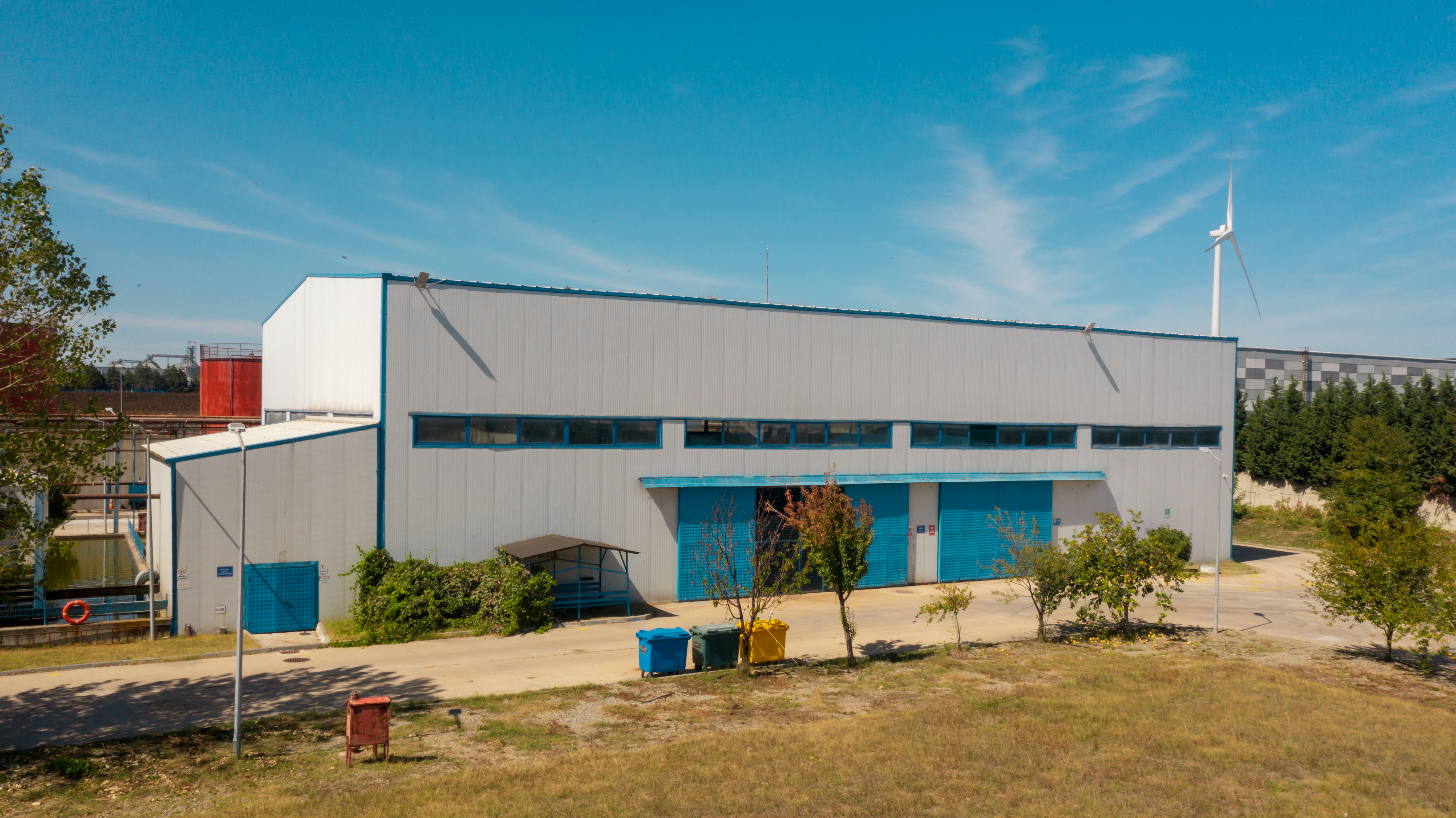Ergene Waste Recycling Plant

With the “International Convention on the Prevention of Pollution of the Seas by Ships (MARPOL 73/78),” to which our country became a party in 1990, rules were introduced for the prevention of pollution of the marine environment; and it was made compulsory for Port States to have waste reception facilities in order to receive the wastes stated in annexes I, II, IV and V of the Contract and generated as a result of normal operations of ships. Article 7-i of the Metropolitan Municipality Law no. 5216 and the “Regulation on Receiving Waste from Ships and Control of Wastes” published in the Official Gazette issue 25682 dated 26.12.2004 obligate our Municipality to establish a waste reception facility within the Istanbul Sea Boundaries and to dispose of the wastes arising from the normal operations of the ships in a way that does not cause delay.
Istanbul Metropolitan Municipality started to collect the wastes of sea vehicles as of 08/09/2005 by constructing a Waste Acceptance and Treatment facility in Haydarpaşa in order to fulfill its obligation under the said Regulation. Marine wastes collected within this scope are subjected to physical pre-separation process at Haydarpaşa Waste Reception Facility and then delivered to our company for sorting and recycling processes. After the pre-separation process, the wastes separated according to their quality are subjected to the separation process by means of reactors in our Ergene Waste Recovery facility to obtain waste oil and waste solvent.

Approximately 10.000 m3 of ship-sourced petroleum-derived waste oil is recycled annually. Petroleum derived wastes are recovered as raw materials in many industrial fields, especially in the petrochemical, automotive and construction sectors. Approximately 40 million TRY has been contributed to the national economy. 1 liter of waste oil renders 1 million liters of water unusable and 5 million liters of water undrinkable. İSTANBUL ENERGY prevents 10 million m³ of water from becoming unusable and 50 million m³ of water undrinkable in the Bosphorus, thanks to the recovery of petroleum-derived wastes originating from ships. Thus, it is prevented that water as much as Sapanca Lake becomes undrinkable every 10 (20) years.





